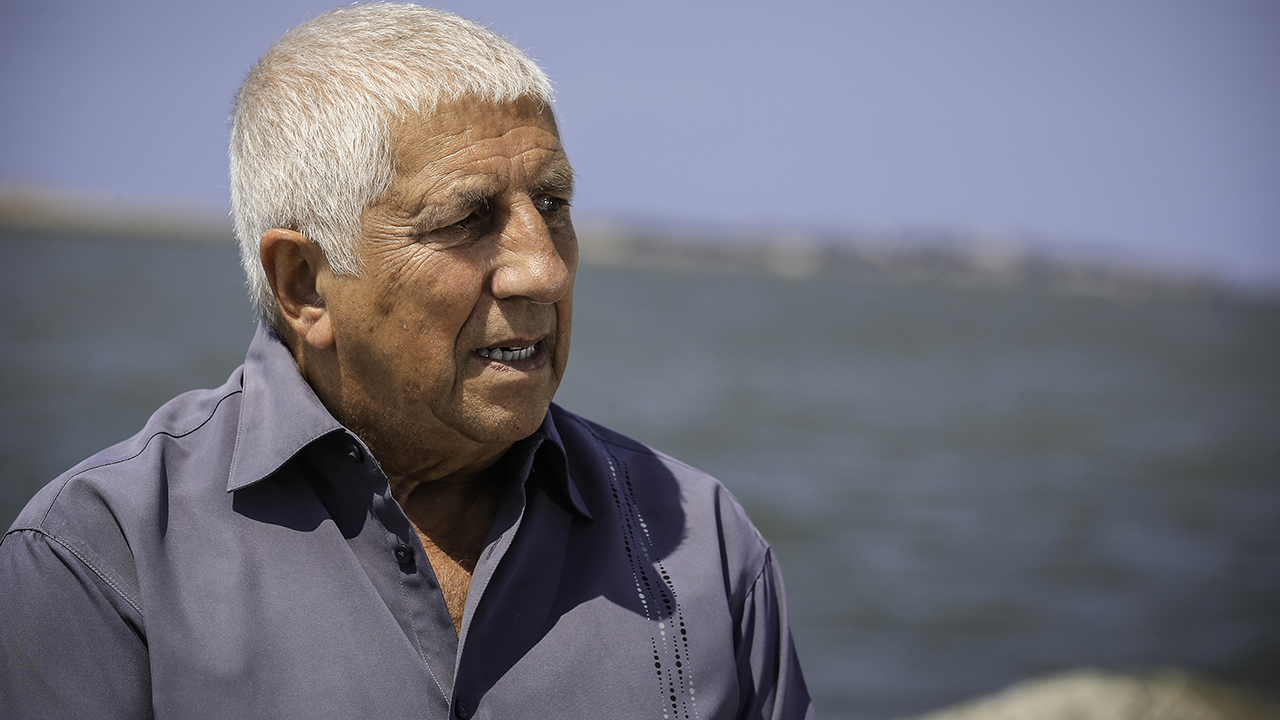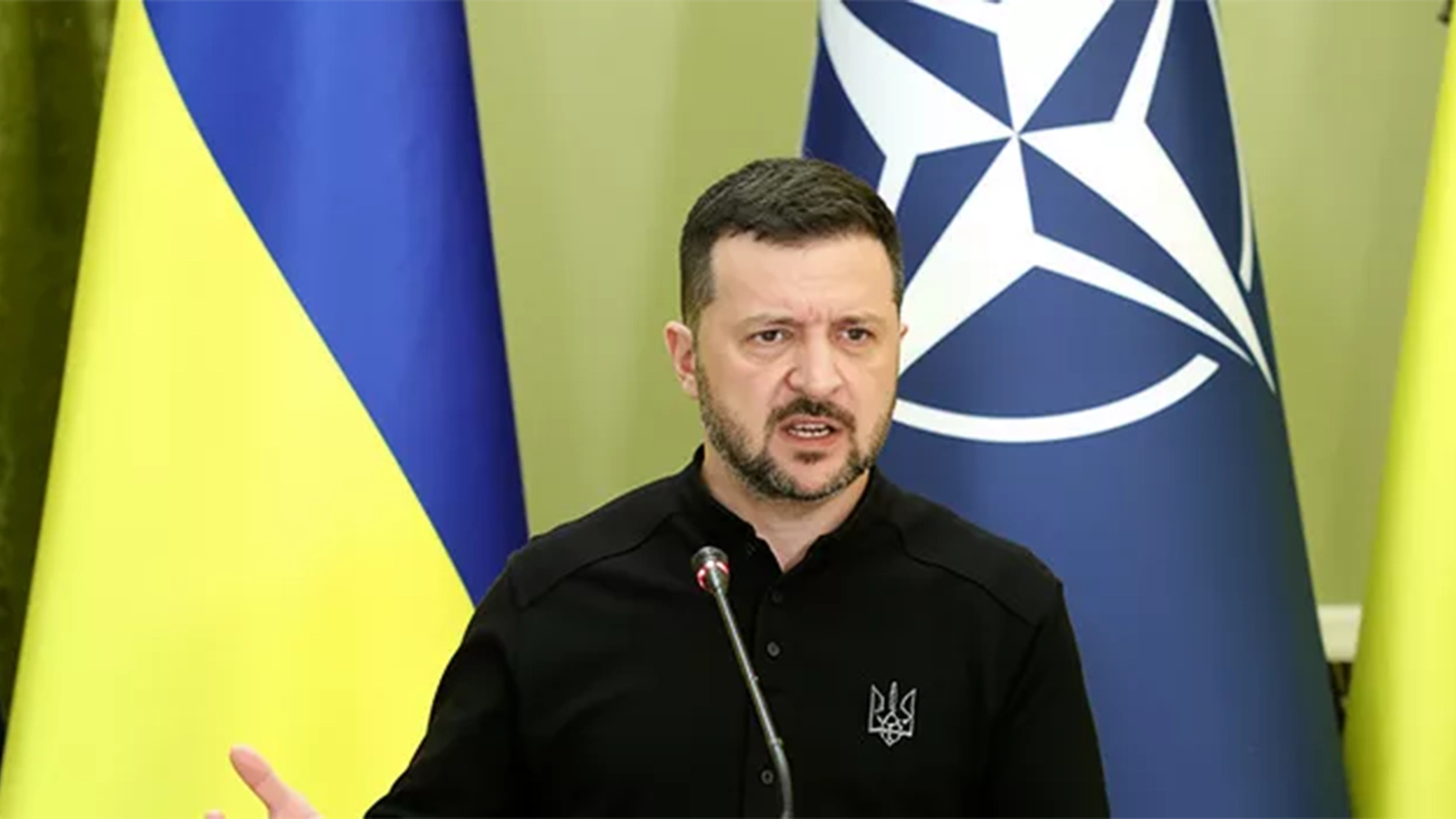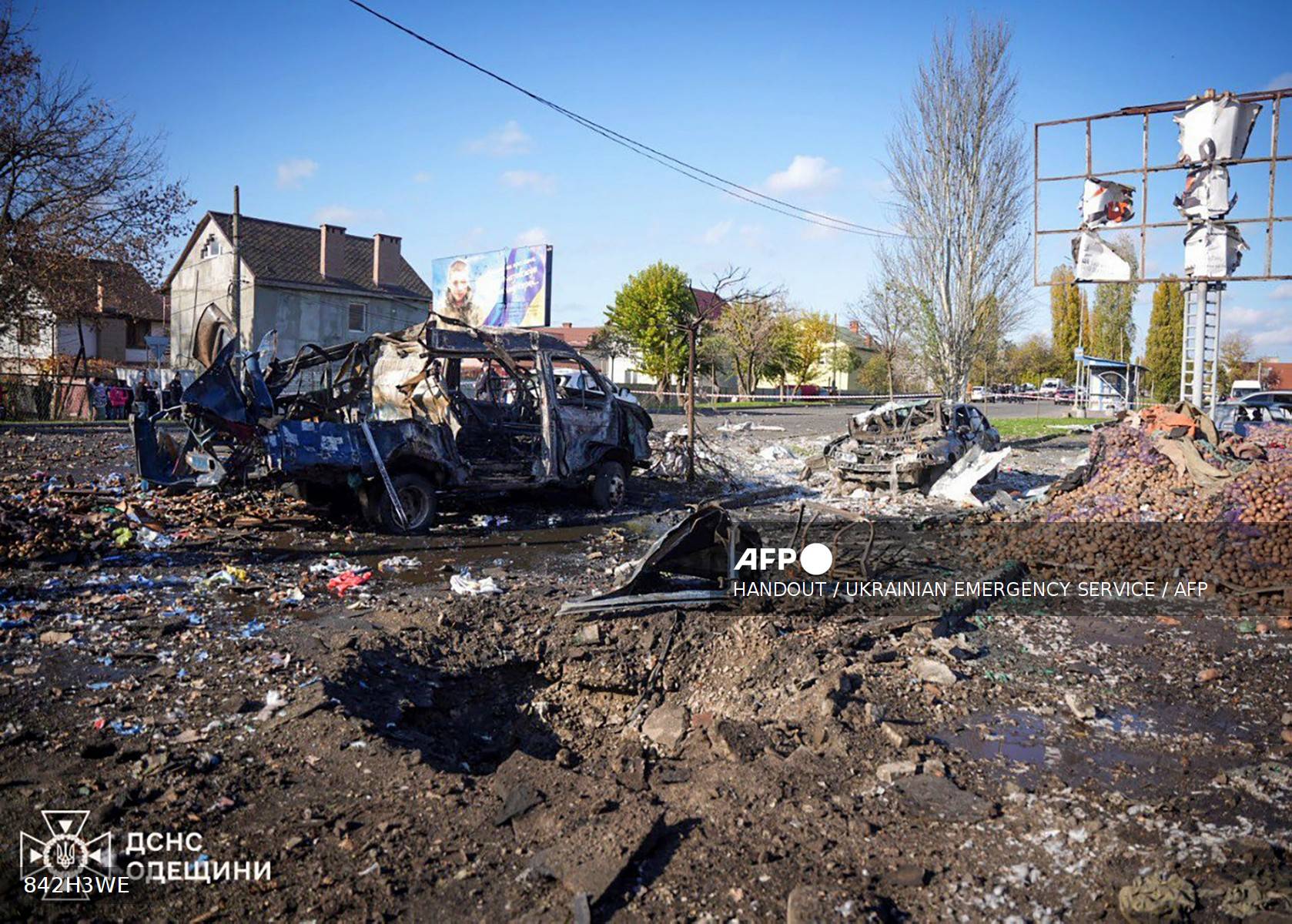
Peter Price was 18 when he underwent conversion therapy, intended to “cure” his homosexuality. After three days of intensive therapy, it failed — but left a damaging legacy. The British government this week announced its intention to ban the practice, as part of a new action plan to tackle discrimination against the gay community.
/ AFP PHOTO / LINDSEY PARNABY
“I thought I was going mental. I wasn’t worried about getting cured, I was worried about getting out alive,” he told AFP.
The British government this week announced its intention to ban the practice, as part of a new action plan to tackle discrimination against the lesbian, gay, bisexual and transgender (LGBT) communities.
But Price, now 72 and a radio presenter in Liverpool, northwest England, is astonished it has taken so long.
For many years he refused to talk about his experience, but broke his silence in the hope that no one else need endure what he called “torture”.
– Aversion therapy –
Price agreed to treatment at the Diva Hospital, a psychiatric institution in the state-run National Health Service (NHS), under pressure from his mother.
She had been “distraught” when he told her he was gay — it was 1964 and homosexuality was illegal in England.
“We went to the doctor and the doctor told me there was a cure, aversion therapy,” he recalled.
This consisted of five days of treatment, intended to create a negative response to sexual stimulation by men.
Hour after hour in a windowless room, Price listened to a tape recording of someone describing sexual acts in explicit detail.
At the same time he was shown photos of men in swimming trunks and regularly injected by a substance that made him vomit and gave him diarrhoea.
“I was puking, I was lying in shit, I was in a terrible state,” he recalled.
After three days, he could not handle it any more.
“I was a basket case. I then said to them, I want to get out. I volunteered, and I want to get out,” he said.
Against the wishes of the psychiatrist supervising the treatment, he avoided the final stage, which would have seen him receive electric shocks when he became aroused.
“I decided after that that I was going to change my life, and be who I was,” he said.
Price was never able to tell his mother what happened, and only began speaking out when conversion therapy entered the national debate in the late 1990s.
Several soldiers launched a high-profile court case against their expulsion from the army for being gay, one of whom had undergone the treatment.
Hearing for the first time that someone else had suffered in a similar way gave Price the courage to tell his own story.
– ’50 years too late’ –
“It has done something to my mind which I can’t explain,” Price said.
“I had a great life, a very successful career, I had wonderful time, but I had some very very dark thoughts, and some terrible depression because of it.”
Prime Minister Theresa May has called conversion therapies an “abhorrent practice” and in an announcement timed with this weekend’s Pride events, vowed to ban it.
Her government released the results of an online survey that found two percent of LGBT people in Britain had received some kind of conversion therapy, while another five percent had had it offered but refused.
Just over half of those who received it said it was conducted by a faith group, 19 percent by a healthcare professional and 16 percent by a family member.
Price said of the proposed ban: “It’s 50 years too late.
“I am a strong person, so I survived, but I don’t know how many people have not survived.”
[ad unit=2]






